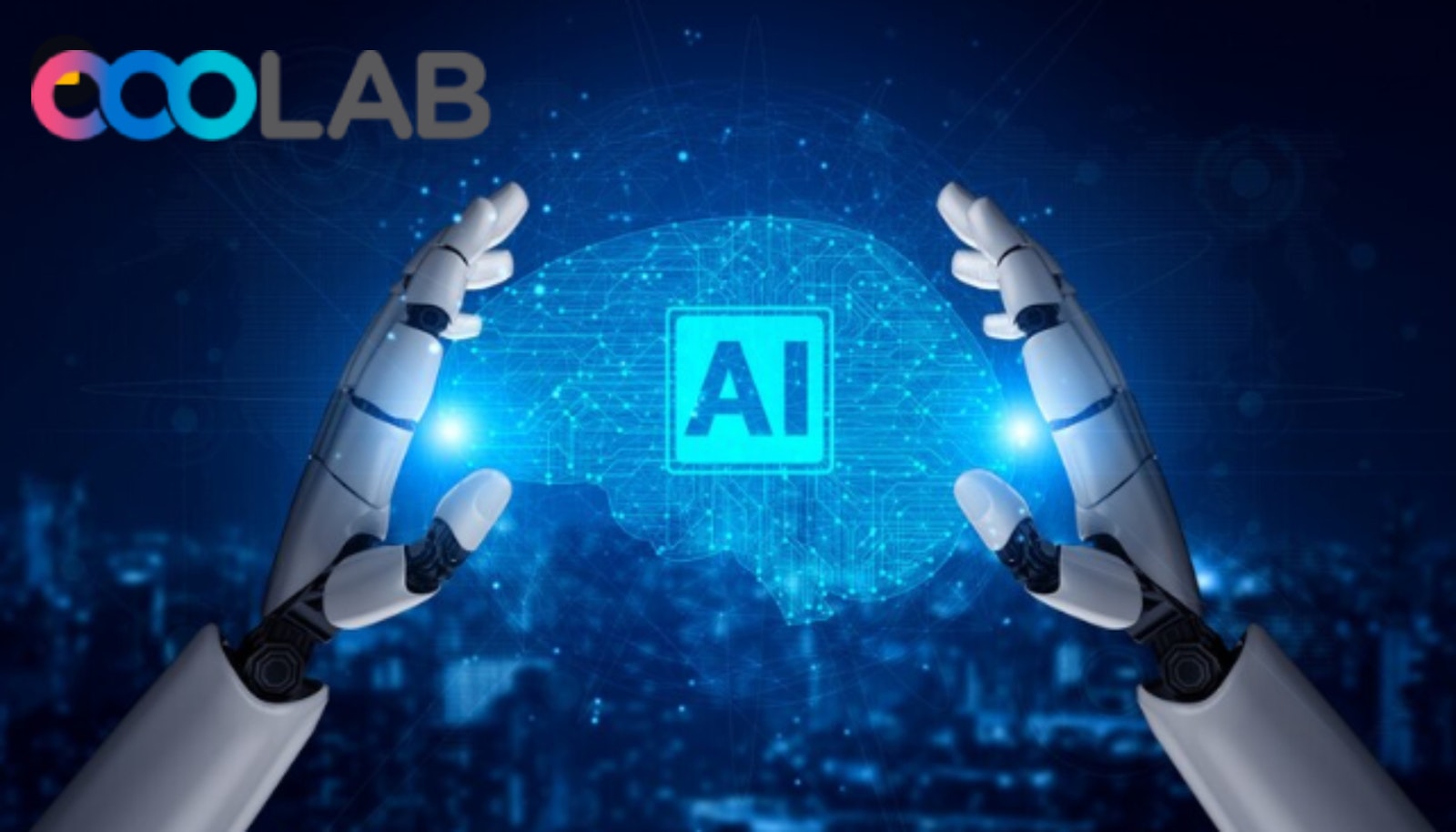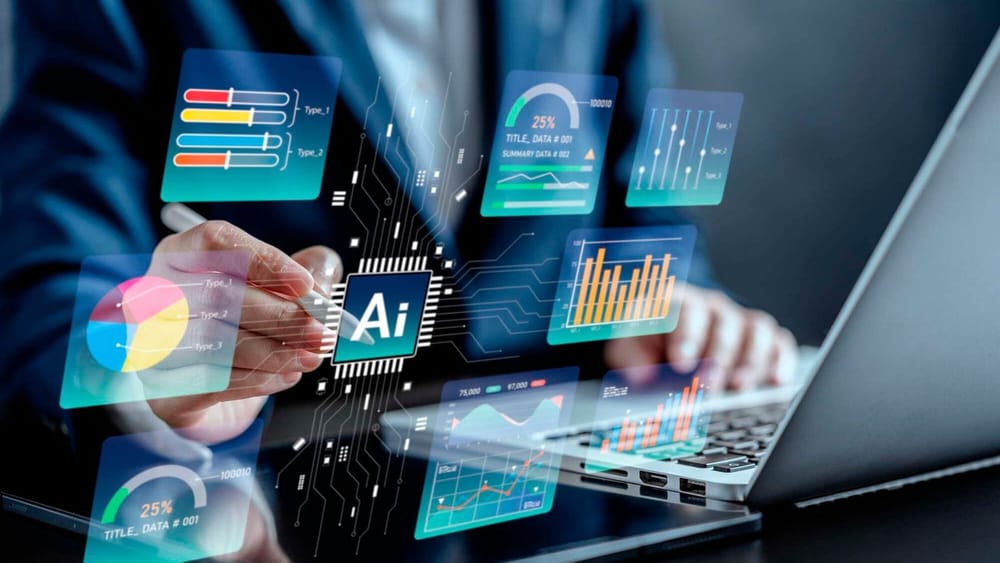

Content I. Understanding Capability-Based Learning in LMS |
In today’s fast-changing business environment, organizations that invest in strategic, capability-driven training see significant returns. According to McKinsey, companies that realign their HR and training initiatives to match evolving skill needs experience:
a 50% increase in employee engagement
a 40% boost in productivity
a 50% reduction in training and development costs.
These results highlight the enormous potential of effective training tied directly to business goals.
However, achieving this kind of impact is not easy. Many businesses struggle to keep pace with (1) changing skill requirements, (2) market shifts, and (3) internal strategy adjustments. Traditional training methods often fall short, (4) focusing narrowly on individual skills (5) without preparing the workforce for broader organizational capabilities.
This is where an Enterprise LMS purpose-built for capability-based learning can make a critical difference. In this blog, we’ll explore how organizations can use an advanced LMS platform—enhanced with AI—to drive capability growth, adapt to change, and align employee development with business strategy.

Capability-based learning is an approach that focuses on developing the essential abilities—or capabilities—that an organization requires to achieve its strategic objectives. Unlike traditional training methods that concentrate on individual skills or competencies, this approach emphasizes the holistic development of organizational capabilities, which are the building blocks of business operations.
Implementing a capability-based learning approach offers several advantages:
Strategic Alignment: Ensures that employee development is directly tied to organizational goals.
Holistic Development: Encourages the growth of comprehensive capabilities rather than isolated skills.
Enhanced Agility: Prepares the organization to adapt to changes by strengthening core capabilities.
Improved Performance: Leads to better business outcomes by focusing on the development of critical capabilities.
By adopting capability-based learning, organizations can create a more resilient and adaptable workforce, better equipped to meet the demands of today's dynamic business environment.
According to McKinsey, companies that successfully engage at least 25% of their workforce in capability-building efforts are far more likely to achieve transformative, lasting results. This aligns perfectly with the purpose of capability-based learning inside an LMS:
Scaling learning across departments and roles.
Building resilience and agility at the organizational level.
Enabling widespread adoption of new ways of working.
>>> Read more: Why is employee upskilling non-negotiable for business success
>>> Read more: Building Confidence in Your Sales Team Through Training and Development
Capability-based learning is different from traditional (1) skill-based or (2) competency-based approaches because it’s about developing organizational capabilities — not just individual skills.
It’s about preparing a broad base of employees to collectively deliver on the company’s strategic goals, drive innovation, and adapt to market changes.
Skill-Based Learning | Competency - Based Learning | Capability - Based Learning | |
Focus | Building individual skills (discrete abilities). | Mastering a combination of skills, knowledge, and behaviors to perform a role well. | Building broader organizational abilities to deliver on business strategy. |
Level | Micro (specific skills like “data analysis” or “public speaking”). | Role-level (being an effective "project manager" requires multiple skills and behaviors combined). | Macro (organizational ability, like “customer-centric innovation” or “global supply chain agility”). |
Goal | Enable people to do specific tasks. | Enable people to fulfill complete job roles. | Enable organizations to adapt, compete, and succeed. |
Example | Training on "negotiation skills." | Training to become a “sales leader” (requiring negotiation, CRM knowledge, leadership behavior, etc.). | Building an enterprise’s ability to rapidly enter new markets through training, systems, leadership programs. |
In a modern Enterprise LMS built for capability development, learners don’t just complete random courses — they follow carefully designed learning paths that help them grow in the areas the organization needs most, such as leadership, innovation, collaboration, customer centricity, or digital transformation.
An enterprise LMS designed for capability-based learning — especially one enhanced by AI — can make this happen by:
Delivering personalized learning paths at scale, ensuring that thousands of employees are growing in line with business strategy.
Tracking real-time performance and capability gaps to adjust programs dynamically.
Creating unified experiences across remote, hybrid, and global teams — critical for widespread change.
Empowering managers and leaders to track, coach, and nurture capability growth across their teams, not just individuals.
In short, capability-based learning in an LMS shifts the focus from just upskilling individuals to building organizational agility, resilience, and competitive advantage.
>>> Read more: Must-Have Features in an Enterprise LMS in 2025
>>> Read more: Enterprise LMS - revolutionizing corporate training and development
Modern organizations need more than just basic training; they need employees who can adapt, innovate, and drive strategic outcomes. That's where AI-powered LMS platforms are making a major impact. By integrating artificial intelligence into an LMS for capability development, businesses can create highly personalized, scalable learning experiences that grow critical capabilities across their workforce. Here's how AI is transforming capability-based learning:
Traditional one-size-fits-all learning paths are no longer enough. With AI, an LMS for capability development can tailor learning journeys to each employee's unique strengths, experience levels, and career aspirations.
AI algorithms recommend courses, content, and activities based on past performance and future goals.
Employees can focus on building the capabilities most aligned with business needs, improving both individual growth and organizational resilience.
An LMS with skill tracking powered by AI continuously assesses employee performance, identifying strengths and gaps in real time.
AI-driven assessments go beyond quizzes to measure real-world application of skills and capabilities.
Leaders can instantly see where capability gaps exist and adjust training strategies to stay ahead of market changes.
AI takes content delivery to the next level by curating highly relevant materials based on learner needs.
Instead of manually assigning courses, AI recommends the right content at the right time, keeping learners engaged and motivated.
This ensures that training remains aligned with both individual capability development and broader business strategy.
AI-powered chatbots and virtual coaches are changing the game for training software for businesses.
Employees can get instant support, guidance, and answers during their learning journeys, reducing friction and boosting confidence.
Virtual coaches also provide personalized nudges and reminders, helping learners stay on track toward building key capabilities.
Keeping learners motivated is essential for long-term capability development.
AI helps dynamically introduce gamification elements like leaderboards, badges, and challenges based on learner behavior and progress.
This creates a more engaging, rewarding experience — critical for driving widespread learning adoption across the organization.
With AI, LMS platforms with reporting and analytics deliver real-time insights into learning effectiveness and business impact.
Organizations can track how capability development is influencing KPIs like productivity, innovation, and customer satisfaction.
These insights allow L&D and business leaders to continuously refine learning programs for maximum strategic value.
>>> Read more: Customization Options for Enterprise LMS
Capability-based learning offers organizations a more strategic way to develop their people — not just by teaching isolated skills, but by building the broader capabilities needed to achieve business goals. With the help of AI, today's LMS platforms are making this approach even more powerful, offering personalized learning paths, real-time insights, and intelligent support to help employees grow faster and more effectively. As businesses continue to adapt to change, investing in AI-enhanced, capability-driven learning will be key to building a workforce that is agile, resilient, and ready for the future.
 Book a Free Demo with us. Bring your Training and Learning to a new height with LearningOS.
Book a Free Demo with us. Bring your Training and Learning to a new height with LearningOS.
About us
At OOOLAB (pronounced 'uːlæb'), our mission is to make complex learning operations simple. We aim to positively impact the lives of over 1,000,000 learners and educators by the end of 2026.
OOOLAB's LearningOS provides educational institutions and corporate enterprises with an all-in-one solution to create and deliver engaging learning experiences.
We meet organizations' needs or support your growth. We provide undivided attention. We provide:
Dedicated success manager: We offer direct communication with a real human who'll discuss your enterprises unique learning operations and goals.
Personalized setup: Our team will help you transition to LearningOS on your schedule, one step at a time.
Around the clock support: Get help from us any time, and in any time zone.
Reach out to us at: LinkedIn, FaceBook
1. What are the main benefits of LearningOS?
Our platform is easy to use and automates all aspects of your learning operations. It efficiently manages complex tasks, allowing you to concentrate on delivering exceptional learning experiences.
2. What main features does LearningOS offer?
Our all-in-one software solution combines a Content Management System, a Learning Management System, content authoring tools, and a mobile friendly Learner Portal.
3. Can your platform be used for corporate enterprises?
Absolutely! LearningOS is an Enterprise LMS that is a great fit for corporate learning. In fact, we have clients with up to 700,000 employees using LearningOS! Upskill your workforce by creating and assigning interactive eLearning content while effortlessly tracking employee progress.
4. Who currently uses your platform?
Our platform is currently used by over 120,000+ learners, parents, and employees across 21 countries worldwide!
5. What types of content options are available on your platform?
We offer ready-to-go curriculums for various educational purposes or our expert design team can build a custom course for you. We can also upload your existing learning materials and enhance them digitally.
6. What is unique about LearningOS?
Our platform, designed by educators for educators, provides you with all the tools you need to scale. Build and promote your own hybrid and blended learning courses and save money on licensing fees by owning your own proprietary content.
7. How can I get started?
Schedule a meeting with our experts and we’ll talk about how our platform can address your unique challenges and help to grow your business.